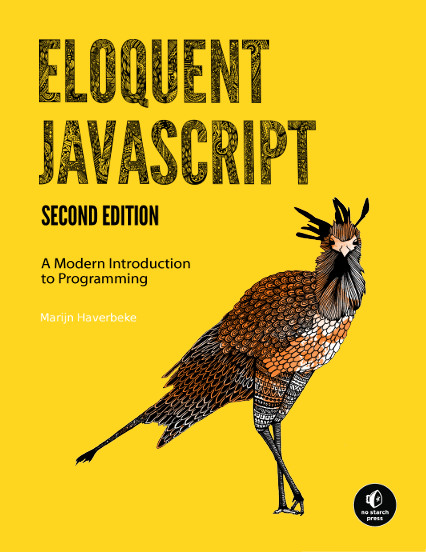This ProPublica story by Julia Angwin, Jeff Larson, Surya Mattu and Lauren Kirchner, isn’t short but it is worth your time to not only read, but to download the data and test their analysis for yourself.
Especially if you have the mis-impression that algorithms can avoid bias. Or that clients will apply your analysis with the caution that it deserves.
Finding a bias in software, like finding a bug, is a good thing. But that’s just one, there is no estimate of how many others may exist.
And as you will find, clients may not remember your careful explanation of the limits to your work. Or apply it in ways you don’t anticipate.
Machine Bias – There’s software used across the country to predict future criminals. And it’s biased against blacks.
Here’s the first story to try to lure you deeper into this study:
ON A SPRING AFTERNOON IN 2014, Brisha Borden was running late to pick up her god-sister from school when she spotted an unlocked kid’s blue Huffy bicycle and a silver Razor scooter. Borden and a friend grabbed the bike and scooter and tried to ride them down the street in the Fort Lauderdale suburb of Coral Springs.
Just as the 18-year-old girls were realizing they were too big for the tiny conveyances — which belonged to a 6-year-old boy — a woman came running after them saying, “That’s my kid’s stuff.” Borden and her friend immediately dropped the bike and scooter and walked away.
But it was too late — a neighbor who witnessed the heist had already called the police. Borden and her friend were arrested and charged with burglary and petty theft for the items, which were valued at a total of $80.
Compare their crime with a similar one: The previous summer, 41-year-old Vernon Prater was picked up for shoplifting $86.35 worth of tools from a nearby Home Depot store.
Prater was the more seasoned criminal. He had already been convicted of armed robbery and attempted armed robbery, for which he served five years in prison, in addition to another armed robbery charge. Borden had a record, too, but it was for misdemeanors committed when she was a juvenile.
Yet something odd happened when Borden and Prater were booked into jail: A computer program spat out a score predicting the likelihood of each committing a future crime. Borden — who is black — was rated a high risk. Prater — who is white — was rated a low risk.
Two years later, we know the computer algorithm got it exactly backward. Borden has not been charged with any new crimes. Prater is serving an eight-year prison term for subsequently breaking into a warehouse and stealing thousands of dollars’ worth of electronics.
…
This analysis demonstrates that malice isn’t required for bias to damage lives. Whether the biases are in software, in its application, in the interpretation of its results, the end result is the same, damaged lives.
I don’t think bias in software is avoidable but here, here no one was even looking.
What role do you think budget justification/profit making played in that blindness to bias?


